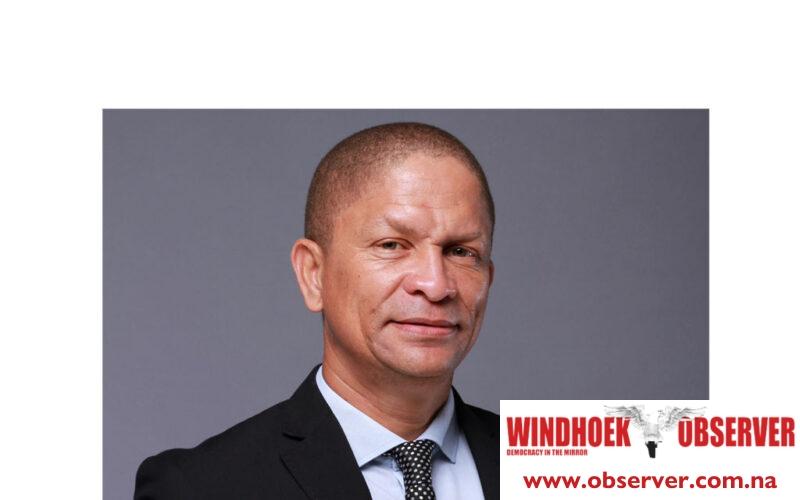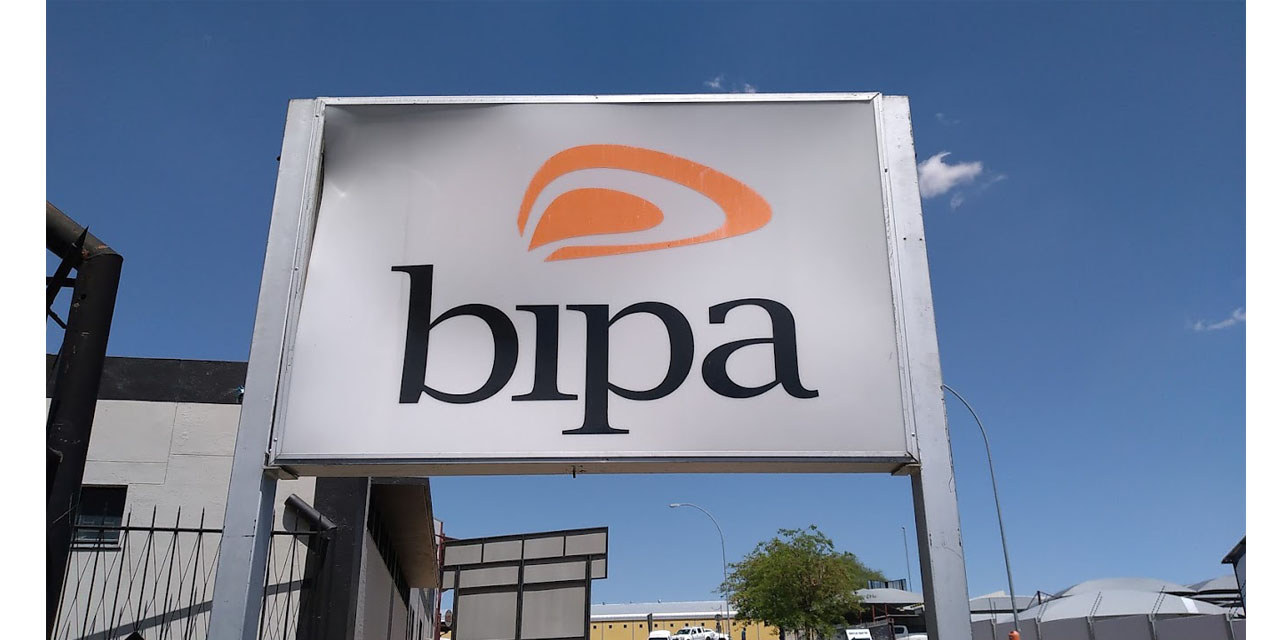Stefanus Nashama
The Government Institutions Pension Fund (GIPF) has made cumulative investments in Namibia exceeding N$5.9 billion across the property, private equity, debt, and infrastructure sectors over the past eleven years.
The fund has also produced transformative outcomes by enriching the country’s socio-economic landscape in various ways.
This is according to GIPF’s General Manager of Investments, Conville Britz.
“At the heart of GIPF’s investment philosophy lies a steadfast commitment to adding tangible value to Namibia’s socio-economic landscape through strategic investments that go beyond seeking financial returns. By directing capital into key sectors of the economy, GIPF plays a pivotal role in bolstering national development objectives and nurturing a thriving ecosystem of opportunity and progress,” he said.
According to Britz, GIPF empowers emerging entrepreneurs and small and medium enterprises (SMEs).
“GIPF’s investments have nurtured the growth and development of budding entrepreneurs and small and medium enterprises, fostering a culture of innovation and enterprise,” he said.
He added that the fund has been advancing renewable energy infrastructure and catalysing affordable housing and land projects. This, he said, contributes to the sustainable development of the country’s energy landscape, paving the way for a greener future.
“Through investments in affordable housing and land servicing, GIPF addresses critical housing needs and promotes access to quality living spaces for Namibians who otherwise would not afford to acquire decent housing through traditional financing channels,” Britz said.
He said GIPF has invested in healthcare infrastructure to improve access to quality healthcare services for the Namibian people. Additionally, Britz stated that the fund has been offering support in job creation and economic diversification.
“GIPF’s investments in manufacturing, transport, logistics, and agricultural sectors contribute to job creation, import substitution, and the diversification of the local economy that is heavily reliant on the mining sector, particularly diamond and uranium mining,” he said.
He said GIPF not only seeks positive financial returns but also strives to leave a lasting socioeconomic imprint on the country. This, he said, can happen through aligning its investment decisions with national policies and developmental initiatives.
“In championing a vision of shared prosperity, empowerment, and sustainable development, GIPF is committed to shaping a brighter future for Namibia, one strategic investment at a time,” he said.
GIPF is one of the biggest investors in the country’s economy across many sectors.




